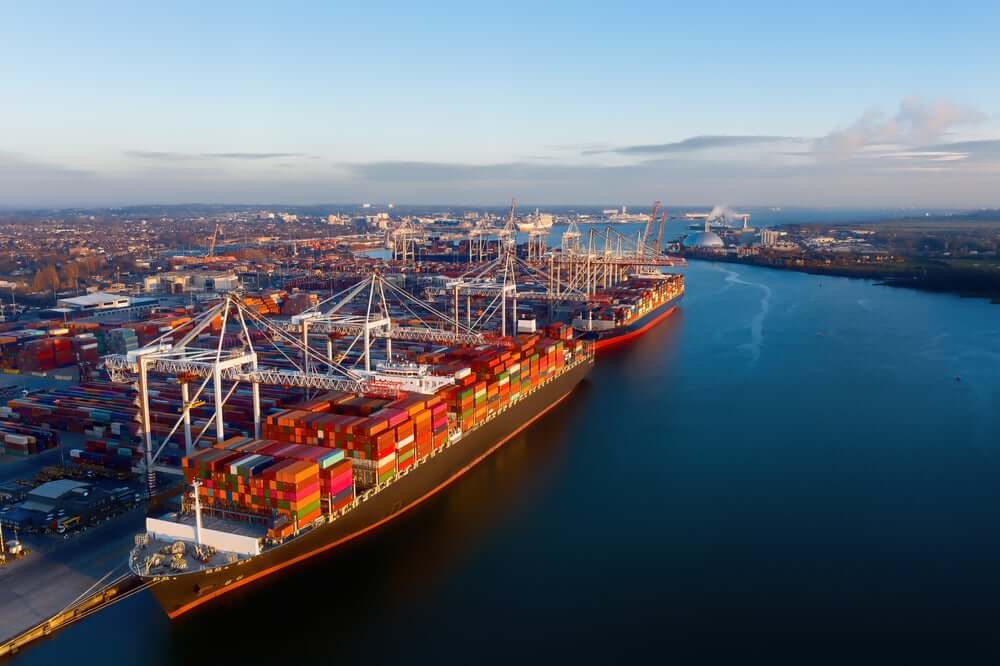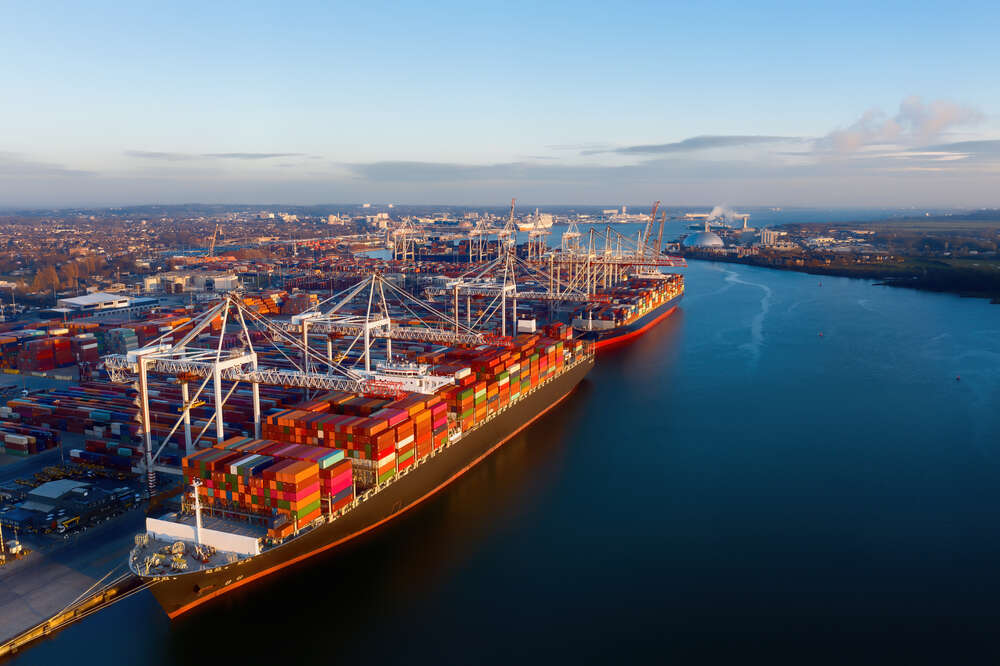
Our Projects are
Transforming African Trade
Quick Contacts
2nd Floor, Fidelity Insurance Centre Waiyaki Way, Westlands

Laden with roses and carnations, the plane will land at Stansted in the next three weeks. Grown for months in vast, humming greenhouses in the dull heat of Kenya’s Rift Valley, the flowers were unearthed, dusted off, wrapped and dispatched for export to the UK earlier this month. While the process might seem plus ça change for the growers, for British and Kenyan customs officials, these bouquets are the future of trade – one of the first examples of a consignment of goods exported to the UK almost entirely using electronic documentation.
The exercise forms part of a much larger trial testing the viability of an entirely digital model for trading practices. Organised by the Institute of Exports & International Trade (IOE&IT) in collaboration with TradeMark Africa, the Trade Logistics Information Pipeline (TLIP) initiative is one of a series of government-sponsored pilots that aim to demonstrate the feasibility of capturing all necessary data about a container for the importing nation’s customs officials before it even leaves its country of origin. If successful, this ‘Ecosystem of Trust’ could provide a blueprint for avoiding the endless form-filling that accompanies international trade – a headache that has grown increasingly painful for UK exporters since Brexit.
Nowhere is this more in evidence than in the export of foodstuffs from the UK to the EU, where Brexit has created new pressures on companies of all sizes to accede to strict regulations from Brussels on documentation. Marco Forgione recalls a recent case of a large supermarket chain seeming to move a shipping container carrying frozen pizzas. “They had over 140 different documents that were required to accompany the trader,” says the director general of the IEO&IT. “It took two customs officials eight hours each to clear and certify everything on the trailer.”
Such headaches about paperwork have contributed to a decline in UK exports to the continent of up to 14% in 2021 compared to the previous year. Unsurprisingly, this news has thrown a spotlight on the UK government’s efforts to build a post-Brexit trading framework, and harness its newfound access to international markets hitherto denied by EU membership.
Many of those plans centre on the digitisation of trade. By focusing on gathering key data about imports and exports through online forms rather than paper documents, the UK government estimates that efficiency savings of up to £225bn can be made in both the private and public sectors. That doesn’t just come from ditching clipboards, but time saved in dispersing that data to different government departments and getting the goods off docks and runways and onto shop shelves.
In the meantime, explains Forgione, the processes that underpin how we trade with the rest of the world are becoming increasingly sclerotic. Eventually, he says, they could exacerbate systemic trends which are already worsening the lives of so many people up and down the UK. Inefficiencies in getting goods from ports to market, explains Forgione, “add cost to the project at a time when we are facing record cost of living crises, increasing food inflation, and a global logistics meltdown. Anything which reduces delay – which reduces the need for oversight intervention, and speeds the transfer of documents required for the goods to move – is a positive.”

“We use four billion pieces of paper on an annual basis just in trade,” says Jana Psarska, policy manager for international trade at the trade association techUK. The environmental benefits of eliminating this hunger for paperwork – which, if stacked up, would create a pile 300 miles high – are clear enough. Being able to rely on electronic documents would also radically ease many of the supply chain problems witnessed since the pandemic. The sight of stevedores waiting for hours to unload shipping containers while the right documents are produced, in short, could soon be a thing of the past.
For that to happen, though, a new legal framework is required. Most nations require bills of lading and other trade documents to be issued in hard copies with a wet signature, a precedent dating back to 18th-century English laws designed to ease the collection of import taxes while preventing smuggling. The issuance of the UN’s Model Law on Electronic Transferable Records (MLETR) in 2017, however, created a blueprint for the use of electronic counterparts – a paradigm the UK government has now embraced in its Electronic Trade Documents Bill, expected to receive royal assent next year.
Read original article
Disclaimer: The views and opinions expressed in this article are those of the authors and do not necessarily reflect the official policy or position of TradeMark Africa.